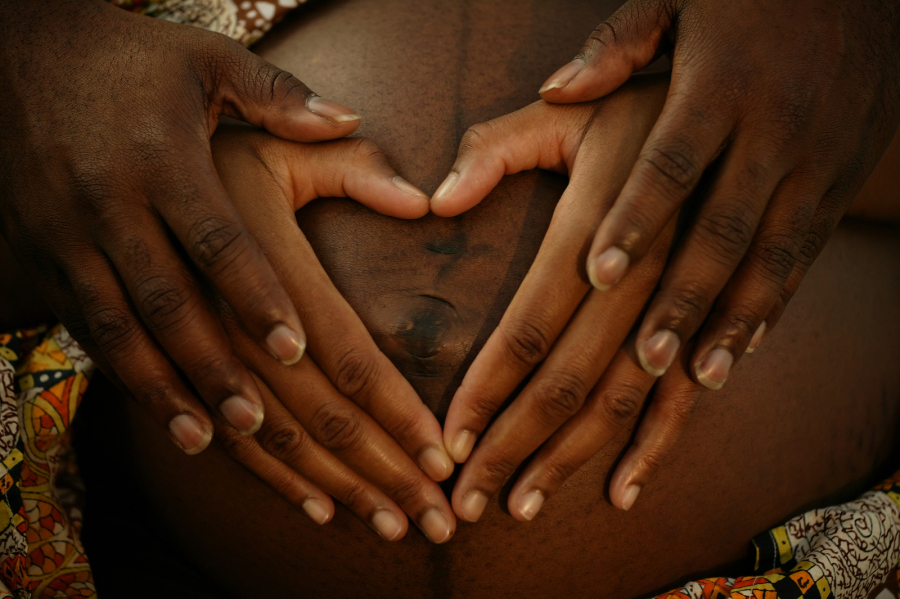Perinatal mental health: a major public health challenge

Published on Monday, 02 October 2023 Post
Women who were pregnant or who gave birth during the pandemic had to cope with the fear and disruption caused by Covid-19 on top of the usual stresses that are common around the time of childbirth. We published the first UK-based study to evaluate the impact of the pandemic on prevalence of postnatal depression using comparable data from three national maternity surveys carried out in England between 2014 and 2020.
Data from over 13,000 women suggest that the prevalence of postnatal depression was already increasing before the pandemic (from 10% in 2014 to 16% in 2018) but increased further and more quickly during the pandemic (from 16% in 2018 to 24% in 2020). In 2020, almost one in four women reported symptoms of postnatal depression. Women with pre-existing mental health problems were more likely to report symptoms of postnatal depression. Satisfaction with childbirth experiences and greater social support were protective against postnatal depression.
Our study highlights the importance of asking women about their mental health throughout pregnancy, after childbirth, and later in the postnatal period. In this way, women who may need additional help can be identified and supported. It is crucial for these mechanisms to be in place, and ideally strengthened, during times of crisis such as the pandemic.
Our study is published in The Lancet Regional Health Europe and features as a linked article in “Perinatal depression: a neglected aspect of maternal health”, an editorial in the most recent edition of The Lancet.



